Written by Pete Lewis, Contributing Writer, Classical Wisdom
Long ago and far away, laws of physics sent an asteroid hurtling through space. It collided with a planet in its equally predetermined orbit.
That is how the theory goes.
Neither the asteroid nor the planet is at fault for wiping out the dinosaurs. It was a purely natural event. Some might even say that it was almost destined to occur, due to the chain reactions that govern the universe.
As with physics, so it can be with personalities.
A person crashes into the life of another, rocking their world and wiping out some of their ‘dinosaurs’: the things that seem biggest and most powerful in their life, including happiness. Neither of the people is purely at fault: they just happen to cross paths and – given their individual natures and circumstances – something has to give; maybe it was always going to happen.
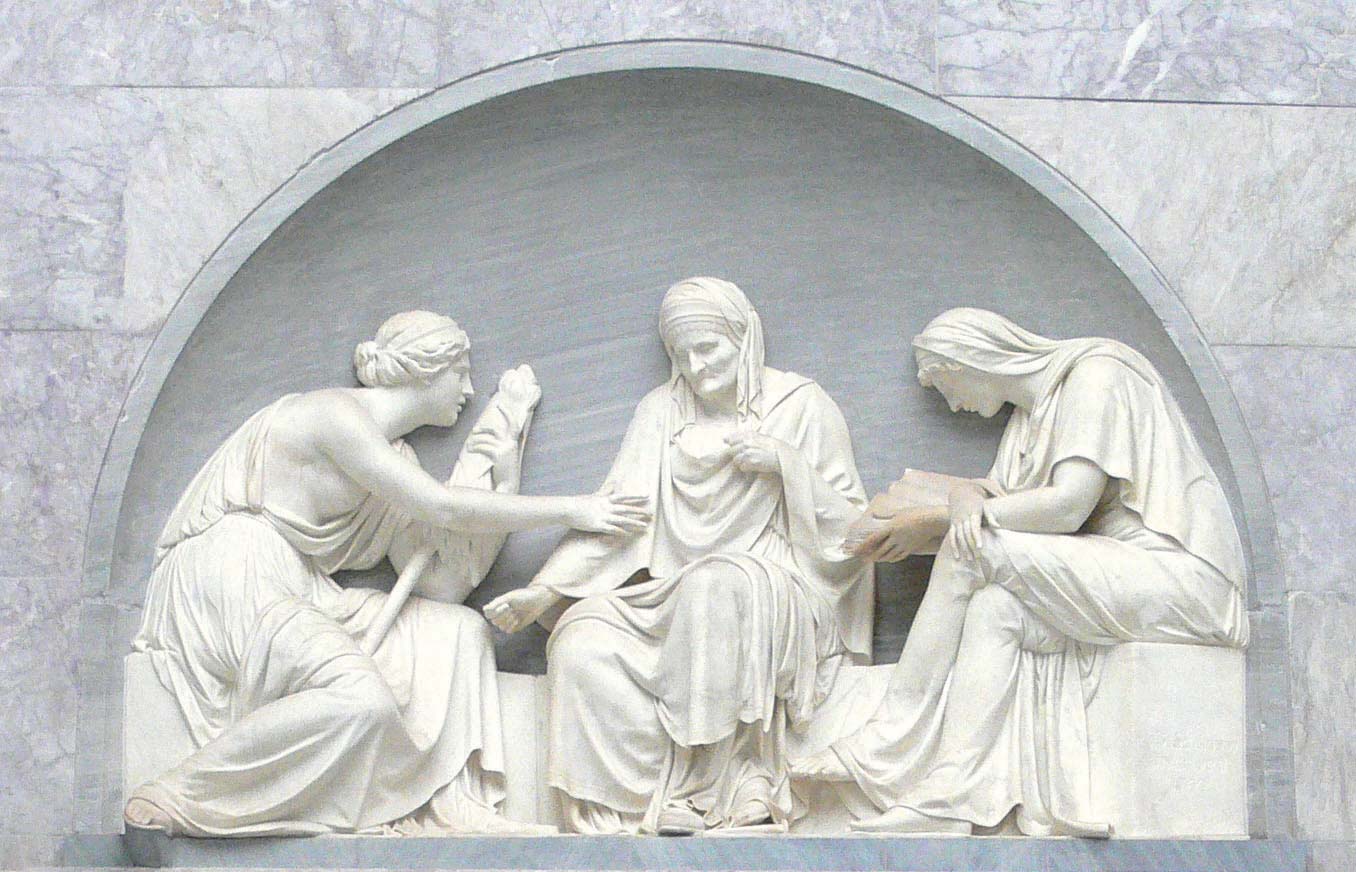
Gottfried Schadow, Fates Sculpture (1790). The three Fates spinning the web of human destiny, part of the tombstone for Count Alexander von der Mark; in the Old National Gallery, Berlin (Cr: Andreas Praefcke).
It took four years to arrive at that interpretation of what I call ‘people paths’ that may be as unavoidable as natural celestial events. That might sound a bit fatalistic, but it does help to cope with emotional trauma following such an event.
In 2014, I was diagnosed with severe depression. For four years, I was prescribed many kinds of medication and remedial therapy, including counseling and CBT (twice). CBT (Cognitive Behavioural Therapy) only worked in the short term and I believe that is because it could be fundamentally flawed. The last thing a person with depression needs is to focus their attention on the supposed causes of depression. It ultimately made it worse, for me…!
However, as it had been somewhat successful in the short term, twice, I began thinking that there must be something to it. Thus, I started researching and came upon Stoic Philosophy, which is – apparently – the theoretical basis of CBT.
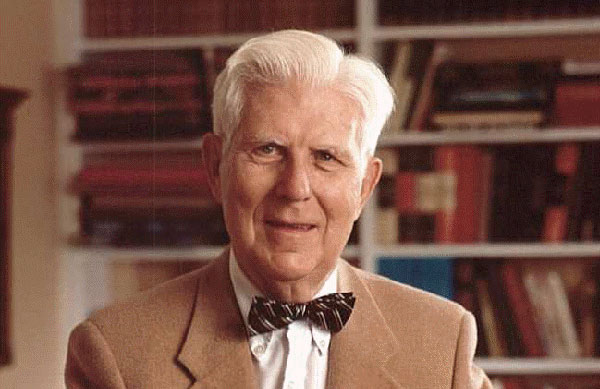
Aaron Temkin Beck (born July 18, 1921), is the American psychiatrist widely regarded as the father of cognitive behavioral therapy (CBT).
*NOTE: I do not recommend that anyone should do what I did next.
I am no Astro-physicist, Doctor or Philosopher but I could clearly recognise the benefits of a practical philosophy, from the very first time I read about Stoicism. Within days, against my doctor’s advice, I had stopped taking medication and was reading as much as I could find online about the ancient Stoic wisdom.
Support and healthcare workers could not believe how rapidly and profoundly I was changing for the better. The seismic shift in my core beliefs are what brought that initial change about – and it all began with “Some things are within our control and some things are beyond our control”; the basis of Stoic philosophy.
Seeing the world in that new perspective, I realised that I cannot change how other people sometimes collide with my life…but I can control my response and stop it from destroying me.
That was two years ago and I have not looked back since. I have had no medication, either for depression or for any of the psychosomatic disorders that accompanied it. Within two days of being medication free, I remember looking out of my bedroom window one morning and seeing features that I had not noticed before; it was a wonderful experience.
Around that time, I was sitting upstairs in a bus, traveling to an appointment with a support worker. What happened then was a momentous occasion for me because it was the first time since being diagnosed with depression that I found myself thinking of a future, instead of dwelling on my past. I suddenly realised that – in that moment – my long, dark day was over.
I met the support worker and the first thing I said went something like this…
“You know what, I’ve just been thinking to myself; it would be good if I could do something that I would do for nothing and still get paid for it”. She suggested that I should start coaching, using my lived experience of depression – and how I was dealing with it – to help others.
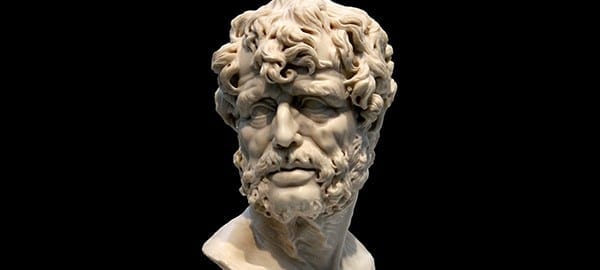
Baroque marble imaginary portrait bust of Seneca, by an anonymous sculptor of the 17th century. Museo del Prado.
Thus, I went home and devised a plan.
I wrote a short course. The course is called Positive Poetry. It begins with a basic description of Stoic fundamentals and then relates it to poetry. The poetry aspect introduces mnemonics, making the learning easier and longer lasting. It is designed to complement professional healthcare, not be a substitute for it. I plan to write more short courses in the future. First, however, I must get the fledgling venture – Zeno Coaching – up and running.
Oh! As for the depression? Well, it now seems like it was long ago and far away!

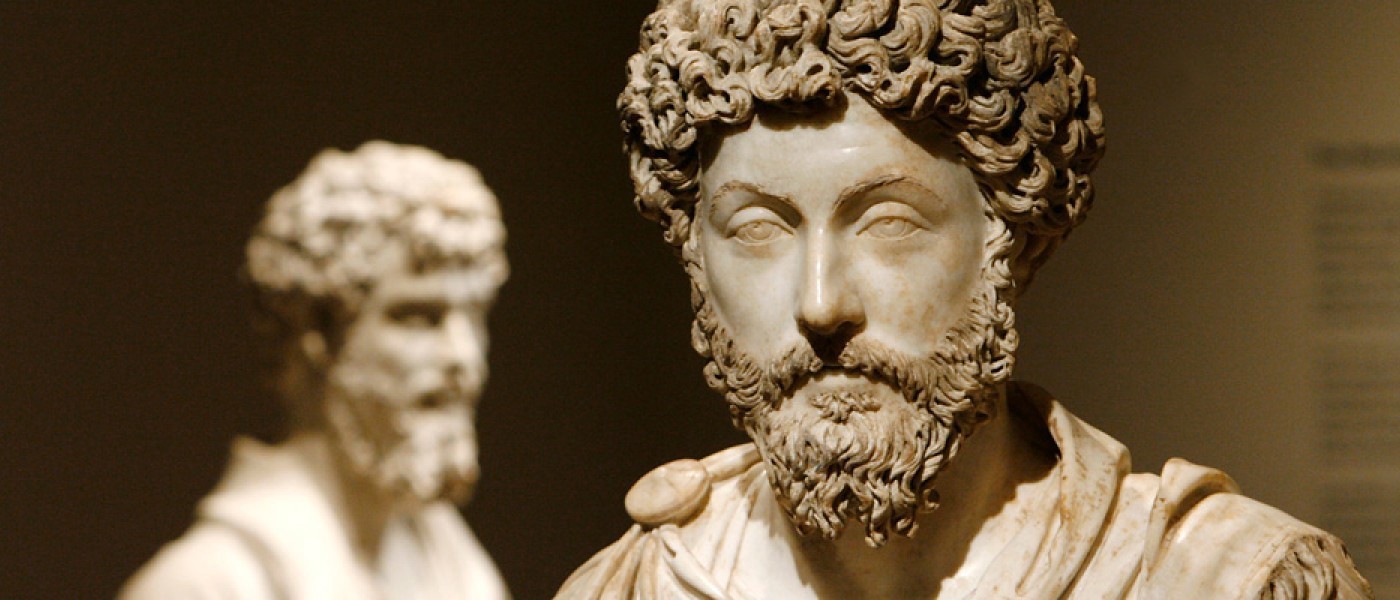
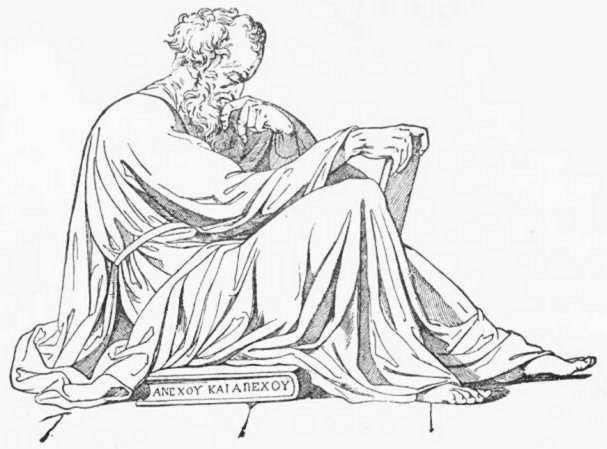








One comment
What an honest, hopeful and fabulous post! I was always attracted to Stoicism and when I found my true spiritual path it came as no surprise that it was Stoicism but flavored with Jesus. Perfect for me. Next year will be my 30th year of studying and applying A Course in Miracles. Having suffered from debilitating negativity for many years, I concur with Alex – the choice for light is through the mind and not on the externals. And every life and episode that jars the hell out of us comes bearing gifts! Thank you for your frankness. You newly inspire me!
Our apologies, you must be logged in to post a comment.